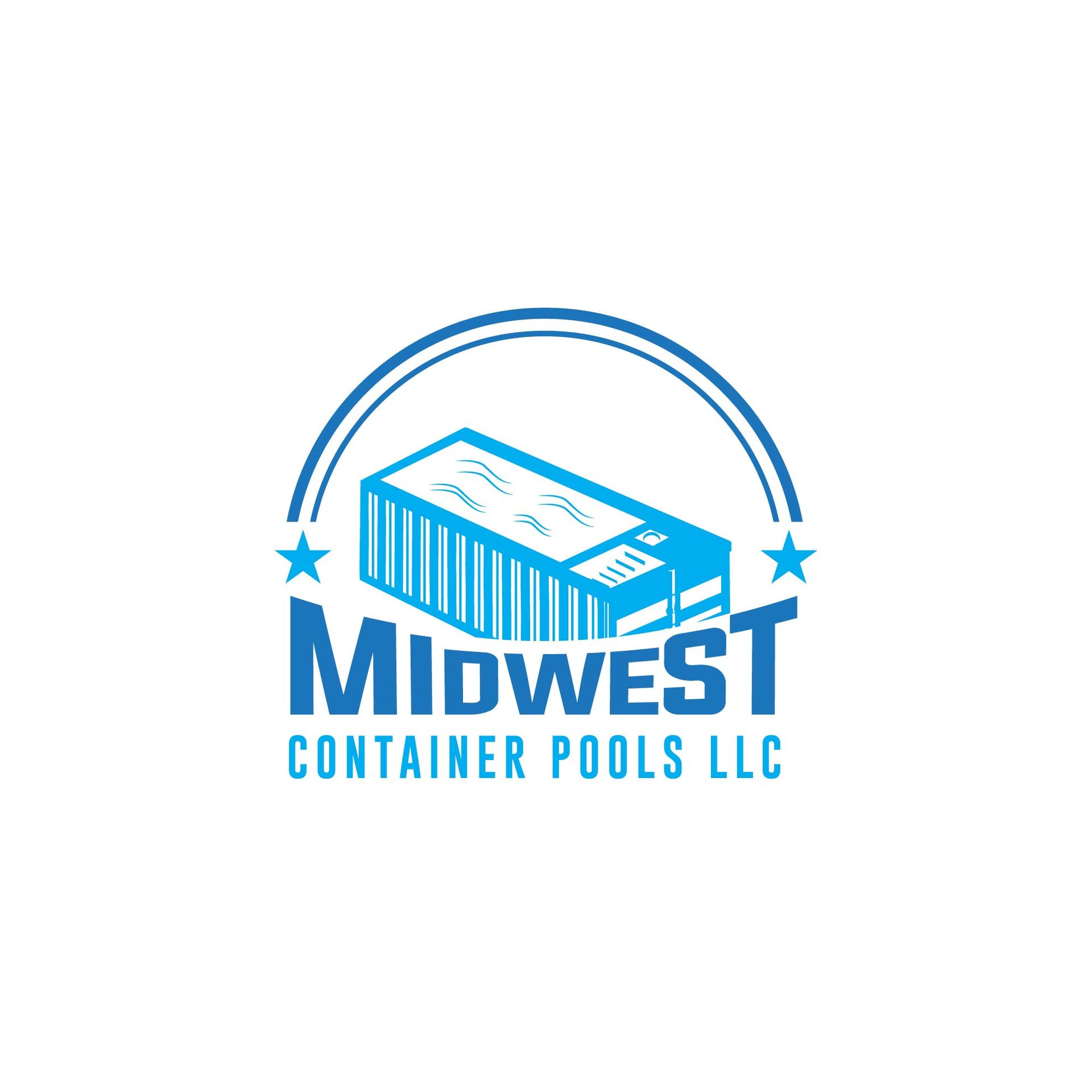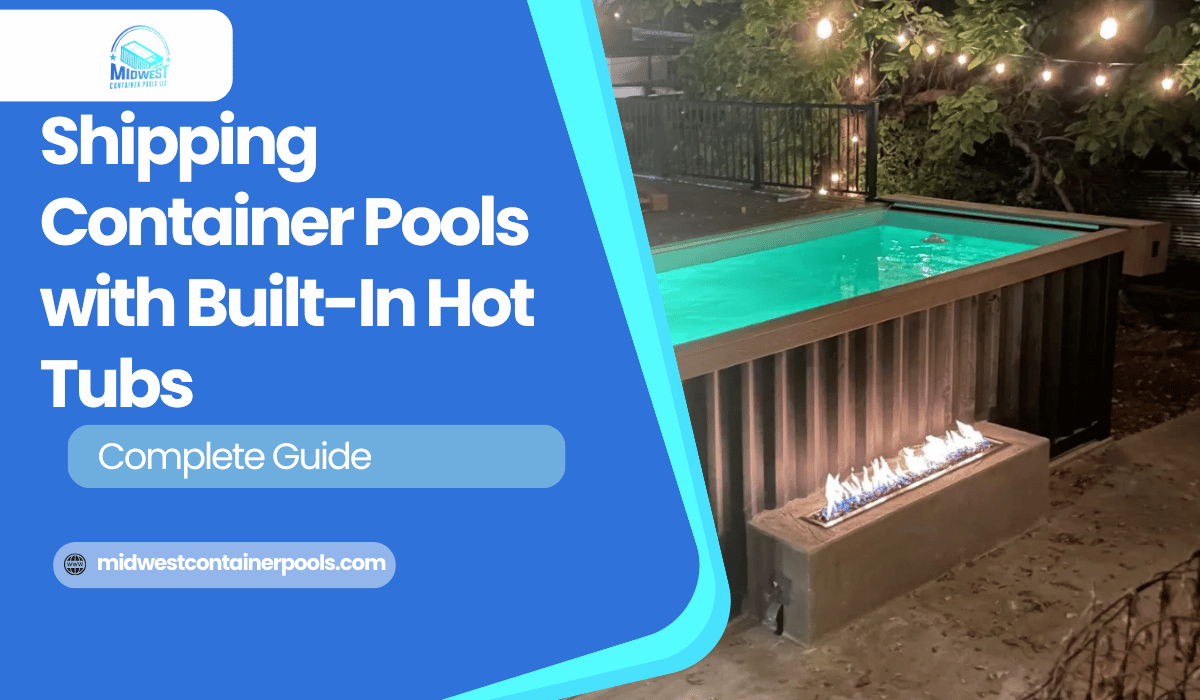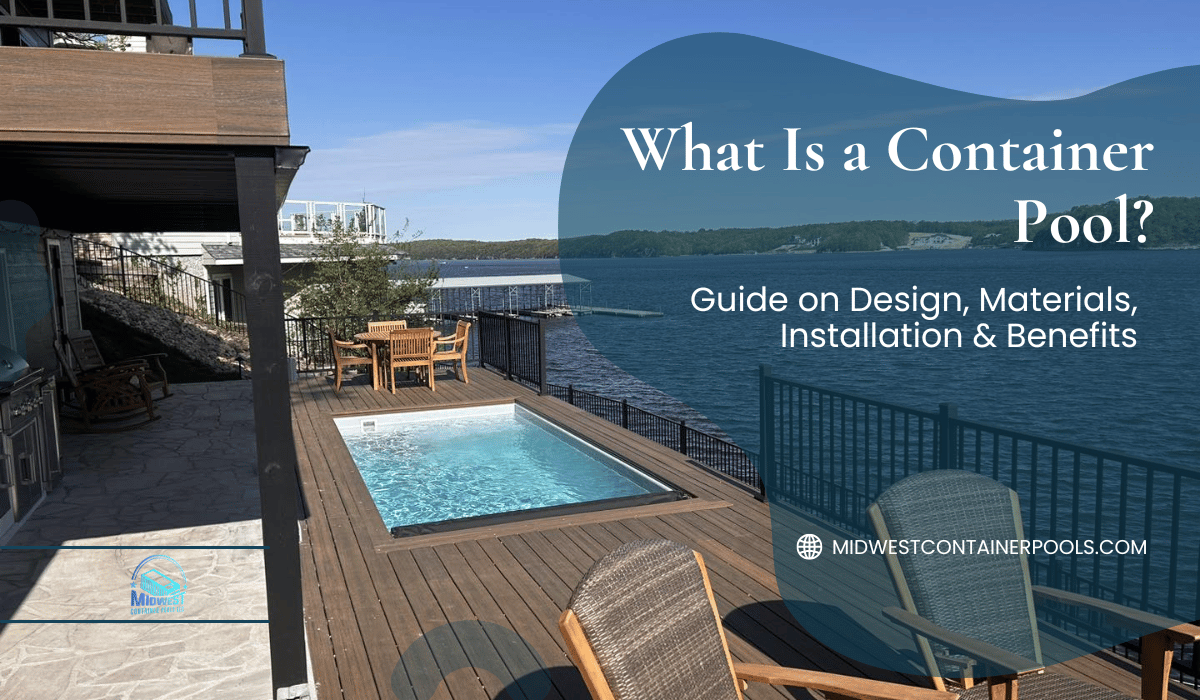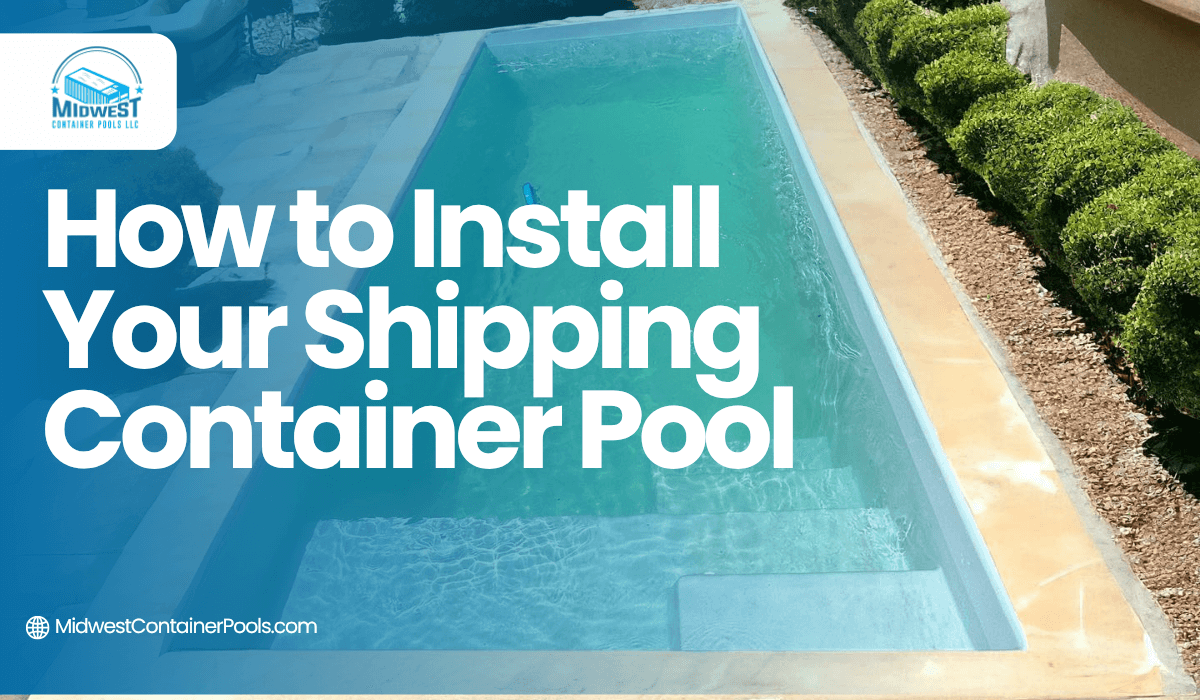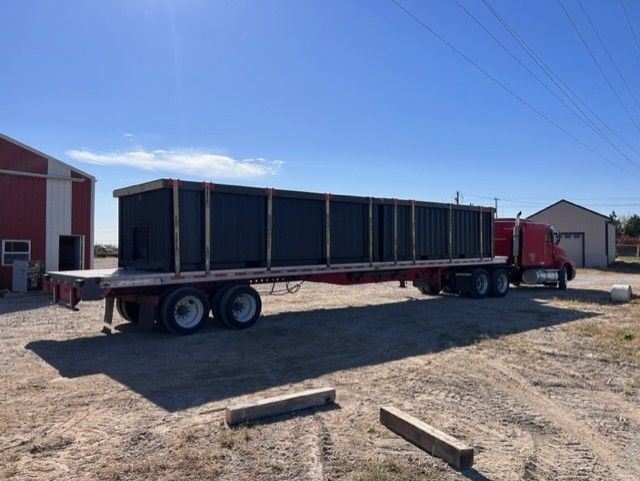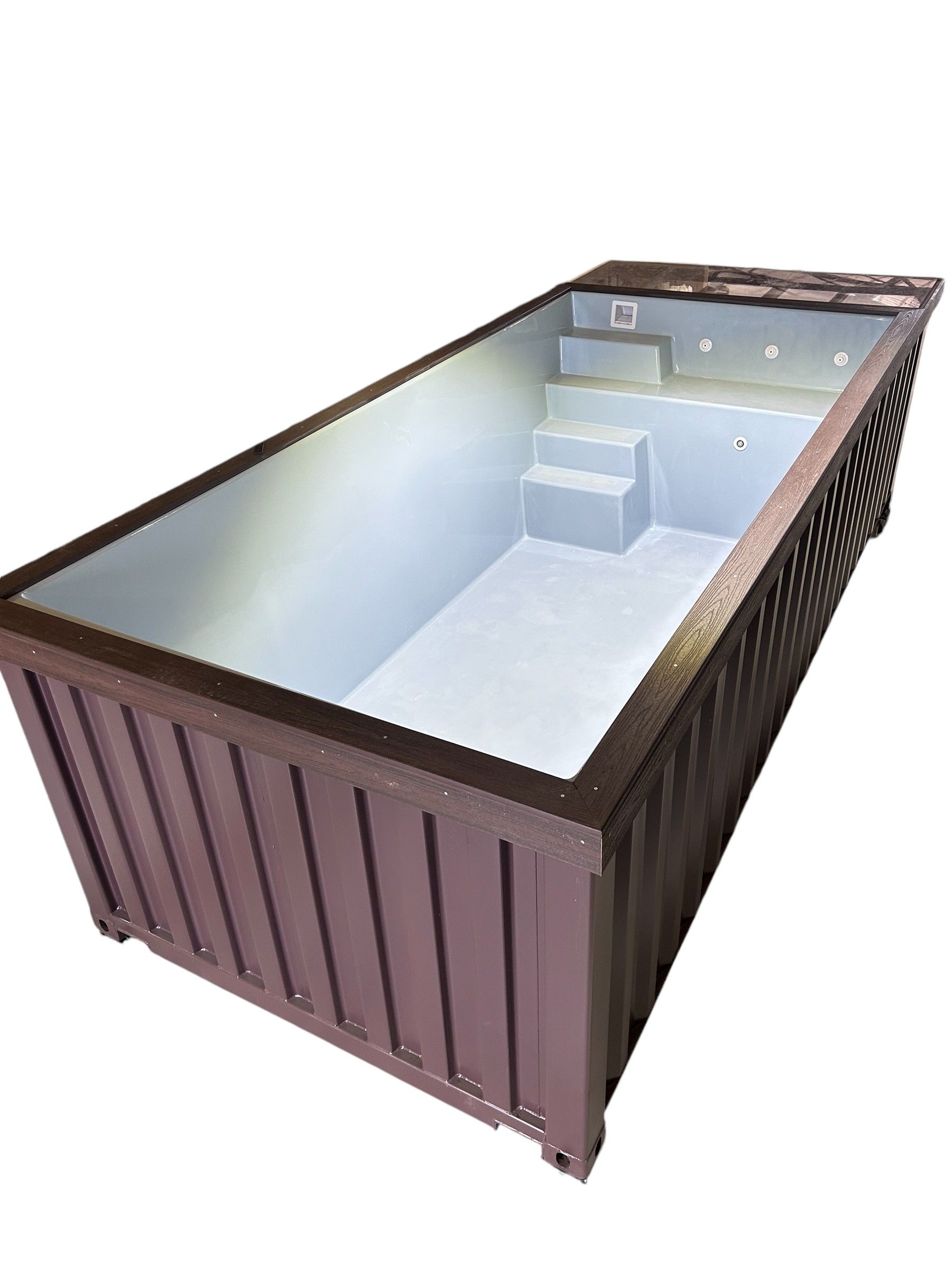Which Pool Filter is Best?
Sand Filters vs. Cartridge Filters: A New Perspective for 2024
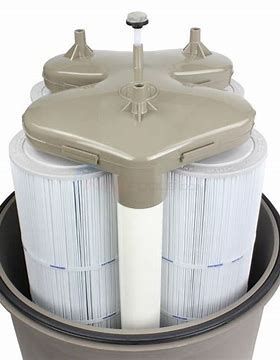
Hi everyone! Sheldon Trieb here, and after 20 years of championing sand filters for pool maintenance, I’ve recently found myself re-evaluating this long-held belief. With the advancements in cartridge filter technology, I believe it’s time to discuss the differences between sand filters and cartridge filters, and why I’m leaning towards the latter as the better option for pool owners in 2024 and beyond.
The Long-Standing Debate
For years, sand filters have been the go-to choice for many pool owners, including myself. They’re simple to operate, effective at removing dirt and debris, and relatively easy to maintain. However, as technology has evolved, so have the options available to us. It’s important to look at the benefits and downsides of both systems to see why I’m considering a shift.
Sand Filters: The Traditional Favorite
How They Work: Sand filters use a tank filled with sand to filter out impurities from the water. Water flows through the sand, which traps particles, allowing clean water to return to the pool.
Advantages:
- Low Maintenance: Once set up, sand filters require minimal maintenance. Backwashing is typically needed every few weeks, which is a straightforward process.
- Longevity: With proper care, sand filters can last for many years—often 5 to 10 years before the sand needs replacing.
- Cost-Effective: Generally, sand filters have a lower initial purchase cost compared to cartridge filters.
Disadvantages:
- Water Use: Backwashing a sand filter uses a significant amount of water, which can be a concern, especially in areas prone to drought.
- Less Effective Filtration: While sand filters are effective for larger debris, they may struggle with smaller particles, which can lead to cloudiness in the water.
The Rise of Cartridge Filters
How They Work: Cartridge filters use a pleated filter element to capture dirt and debris. Water flows through the cartridge, which traps particles before returning clean water to the pool.
The New Contender
Advantages:
- Higher Filtration Efficiency: Cartridge filters can trap smaller particles than sand filters, often providing clearer water with less chemical usage.
- Water Efficiency: Unlike sand filters, cartridge filters don’t require backwashing, which means less water waste and a more sustainable option.
- Easier Maintenance: Cleaning a cartridge filter is as simple as removing the cartridge and rinsing it with a hose. There’s no need for backwashing, which simplifies the process.
- Compact Size: Cartridge filters are typically smaller and can fit into tighter spaces, making them ideal for various pool configurations.
Disadvantages:
- Higher Initial Cost: Cartridge filters usually have a higher upfront cost, but this can be offset by lower operational costs over time.
- Replacement Costs: Cartridges will need to be replaced every 1 to 3 years, depending on usage and water conditions. However, the overall maintenance can still be lower than sand filters when considering water and chemical savings.
Why I’m Leaning Towards Cartridge Filters
Over the past few years, I’ve seen significant advancements in cartridge filter technology. The efficiency, ease of use, and water conservation benefits are increasingly hard to ignore. As someone who has always valued practicality and reliability, I find that cartridge filters are now meeting those criteria, and perhaps exceeding them.
At Midwest Container Pools, we are always looking to offer the best solutions for our customers. With the growing awareness of water conservation and the desire for clearer, cleaner pool water, I believe that transitioning to cartridge filters aligns with our commitment to innovation and quality.
Conclusion
As we move into 2024, it’s essential to adapt to new technologies and practices that enhance the pool experience for our customers. While sand filters have served us well over the years, the efficiency and sustainability of cartridge filters make them an attractive option that I can’t overlook any longer.
At Midwest Container Pools, we are excited to embrace this change and offer our clients the best pool care solutions. Whether you’re a long-time sand filter fan or considering a new setup, it’s worth evaluating the options available today. The future of pool filtration is bright, and I’m excited to see where it leads us!
If you have any questions about pool filtration systems or need advice on which option might be best for your pool, feel free to reach out! Happy swimming!

